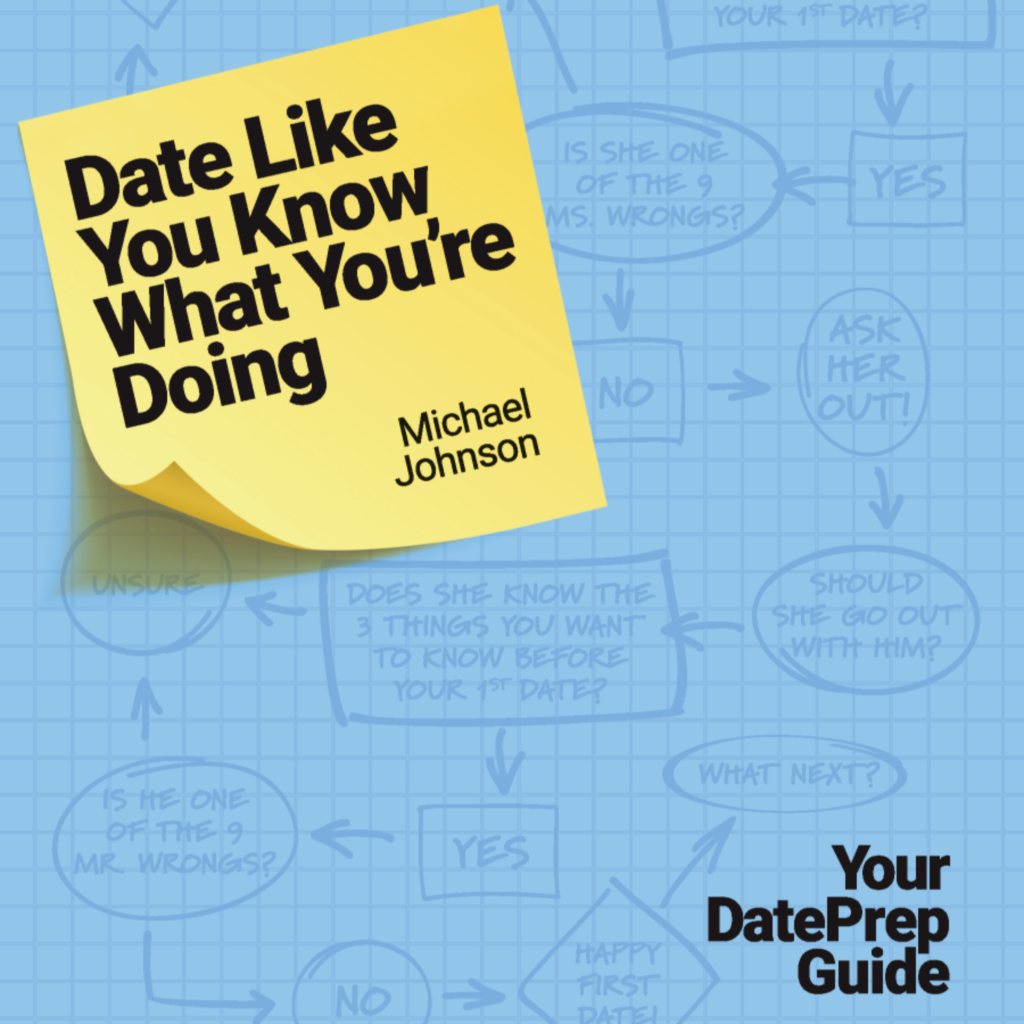 You once had to put a ring on it, before you got the benefit of “hooking up.” Now all you need is consent.
You once had to put a ring on it, before you got the benefit of “hooking up.” Now all you need is consent.
And it’s even easier than it sounds, because consensual hooking up doesn’t require a note from your doctor or a consent form filled out by a parental unit. No affidavits or notary necessary. You only need the other person to let you do with their body what you want to do.
Our belief that “consent makes right” translates into this philosophy: as long as one partner is successful in convincing the other to give into their sexual advances (more-or-less voluntarily), then everything’s on the up and up. And that’s just what Steve Harrington accomplishes with Nancy Wheeler in the first three episodes of season one of Stranger Things.
“All’s fair in love and war,” the popular saying goes.
Another popular saying is, “No harm. No foul.” However, the simple consent criteria of our modern culture reverses that adage, claiming, “No foul. No harm.” In other words:
- If there’s consent (there’s no foul)…
- Then the sexual interaction is OK (there’s no harm).
But the recent Aziz Ansari story merely reveals the “consent makes right” philosophy for what it is: deeply flawed.
The reality is, even with consent (no foul) there can still be great shame and remorse (harm) for the person who gave into sexual advances they never sought.
So common is this reality, psychologists study it by name: sex regret.
Sadly, sex regret is rarely revealed on screen. To the contrary, instead of feeling violated, most modern love stories show the person pressured into sexual compliance completely unaffected or even stronger and wiser from the experience. While the person, who is in essence a sexual predator, not only isn’t portrayed as a bad actor, they are often portrayed in a favorable light. If not the hero, at least someone you couldn’t help but like, even if they tried multiple times to pressure you into taking off your clothes.
Consider Steve’s (self)righteous anger, “slut shaming” Nancy when he thinks she let some emo dude do to her in her own bedroom what Steve tried to do to her in her own bedroom. But later all’s forgotten, so Steve and Nancy can share a good old fashioned high school dating relationship.
Back in real life – even the arguably surreal real life of upper class New York City – someone like the anonymous participant in the Ansari story is shocked and dismayed when all is said and done. She followed the script, but afterward she felt taken advantage of, as do millions of women (and even some men) who read from the same script.
Why all this sex regret, even with consent?
Because people are being taken advantage of. That’s why they feel that way.
The simple hurdle of consent doesn’t make sex right. It makes sex cheap.
And cheapening God’s glorious gift of human sexuality is a crime, not against the law, but against God. And that’s why, if we’re honest, we not only feel ashamed when we do it, we feel guilty.
Simple consent isn’t just man’s idea. It’s a bad idea. A very bad idea! Because consent is difficult to define in the moment and impossible to prove afterward.
In contrast, marriage wasn’t just God’s idea. It was a good idea. A very good idea! Because marriage honors the intimacy and vulnerability required to enter a sexual relationship wholeheartedly, without fear and without regret.
Let marriage be held in honor among all, and let the marriage bed be undefiled, for God will judge the sexually immoral and adulterous. – Hebrews 13:4
For more inspiration to save sex for marriage, check out our Hot Topic page dedicated to sexual purity.
Date Night Advice (DNA) series: Sexual Things
Episode 5: Consent, Sex & Regret
Click here for the next post in the series.
DNA: It’s What’s For Dating
Dug this weekend’s DNA? Be a good friend and share with your friends on the social media platform of choice: Instagram, Youtube, Facebook, or Twitter.
 The LoveEd discipleship series, Beyond Sex & Salvation, will empower you to prepare for relational success when it counts: BEFORE you fall in love!
The LoveEd discipleship series, Beyond Sex & Salvation, will empower you to prepare for relational success when it counts: BEFORE you fall in love!
It’s NOT for couples, but for any wise individual who thinks they might want to get married sometime before they die. And would like to learn how to better build healthy relationships in the meantime.
Check out all three study guides in our store. You can walk through them on your own, but it’s more fun with friends (that and it kinda makes sense to grow in relational success in actual relationships with others), so consider putting together an FMU LoveEd small group study.
Even better? And ask a rock star married couple you respect to lead it!





